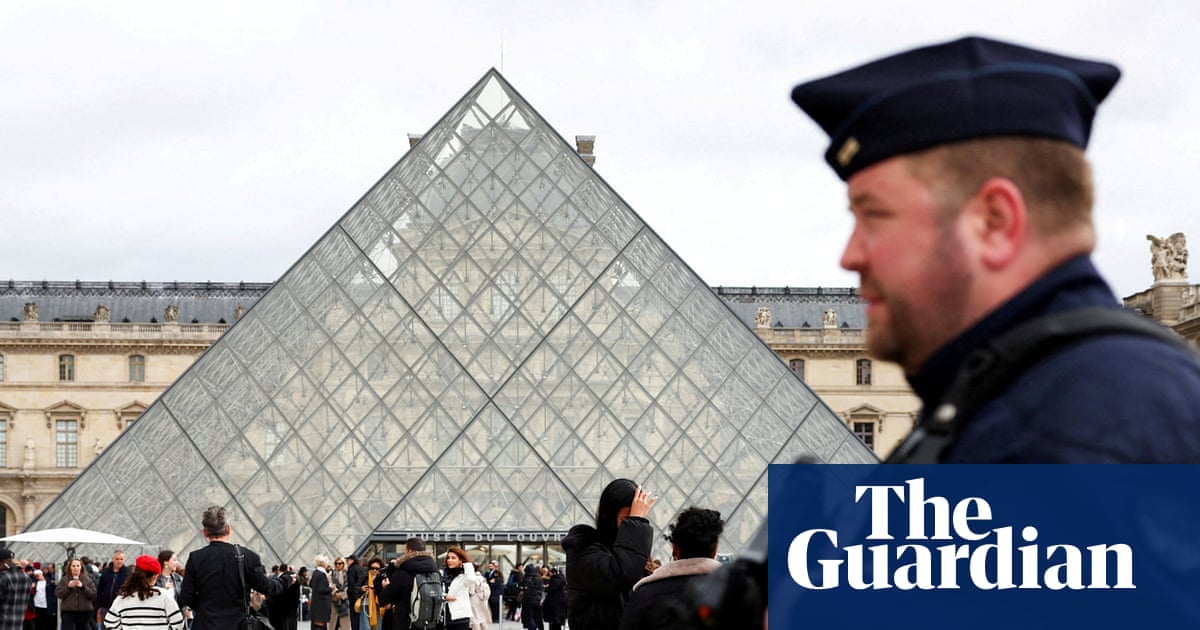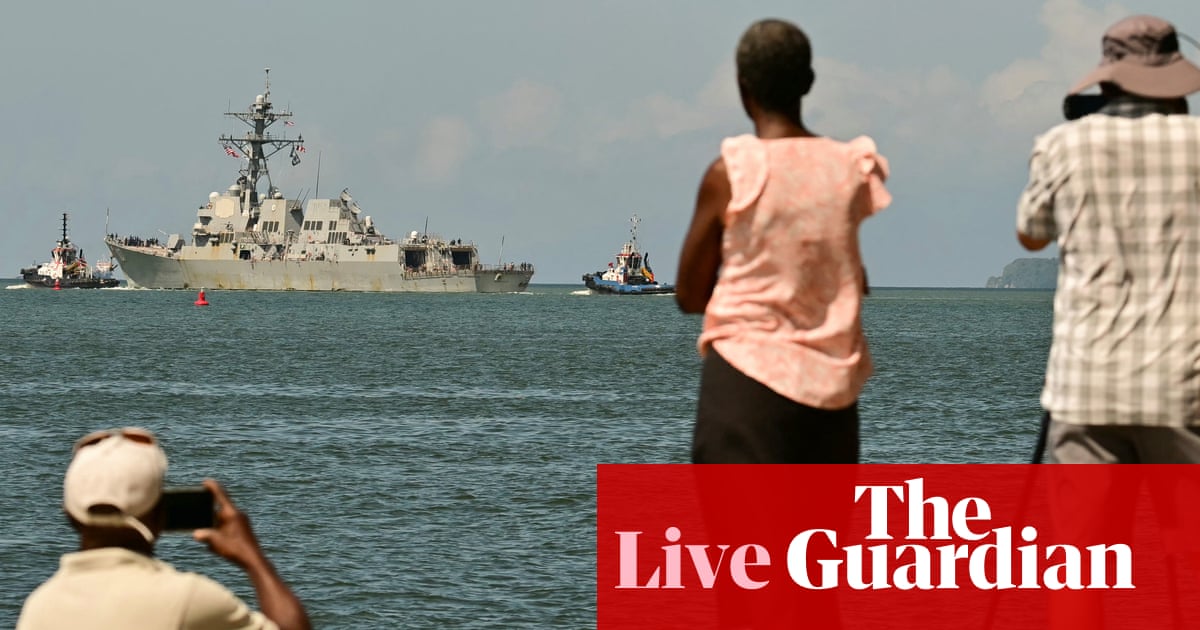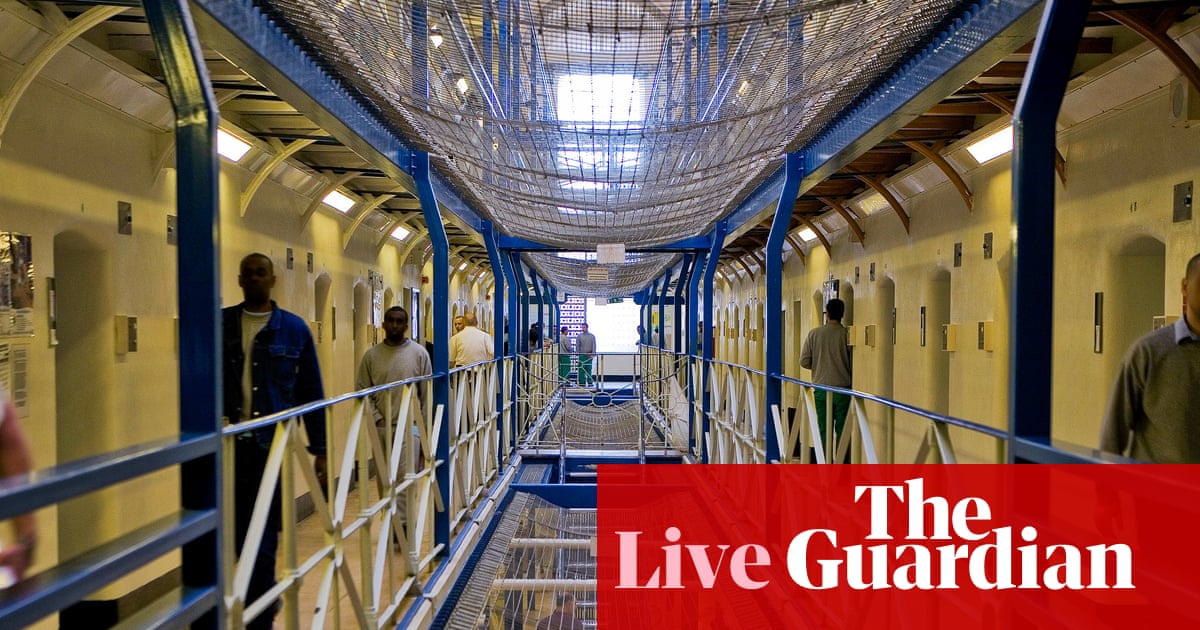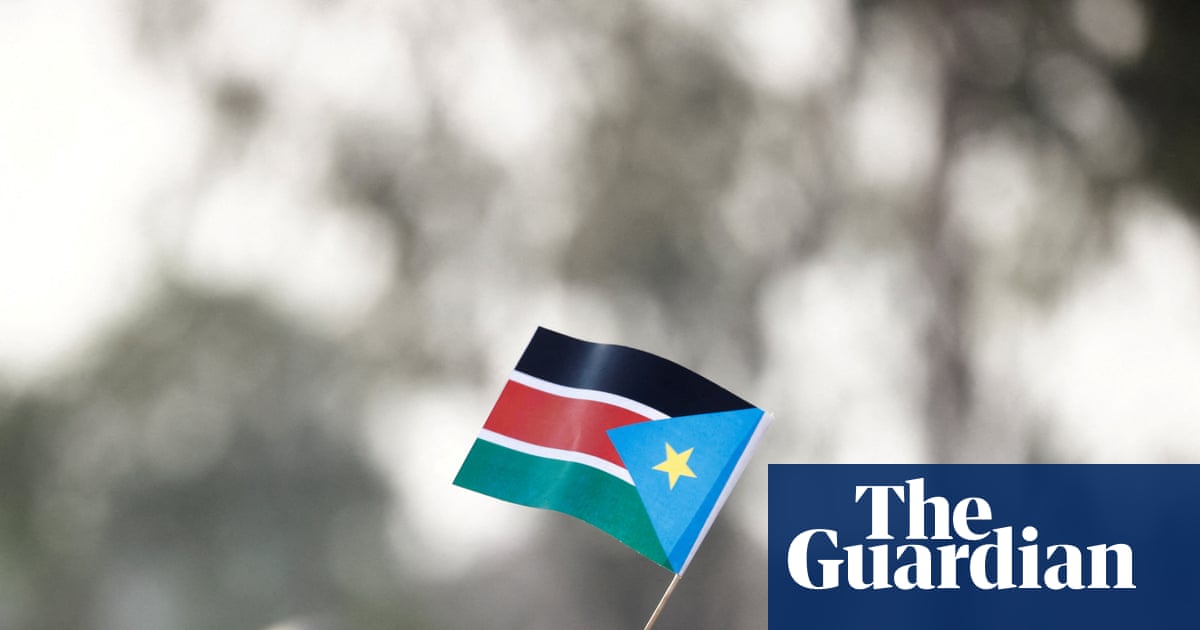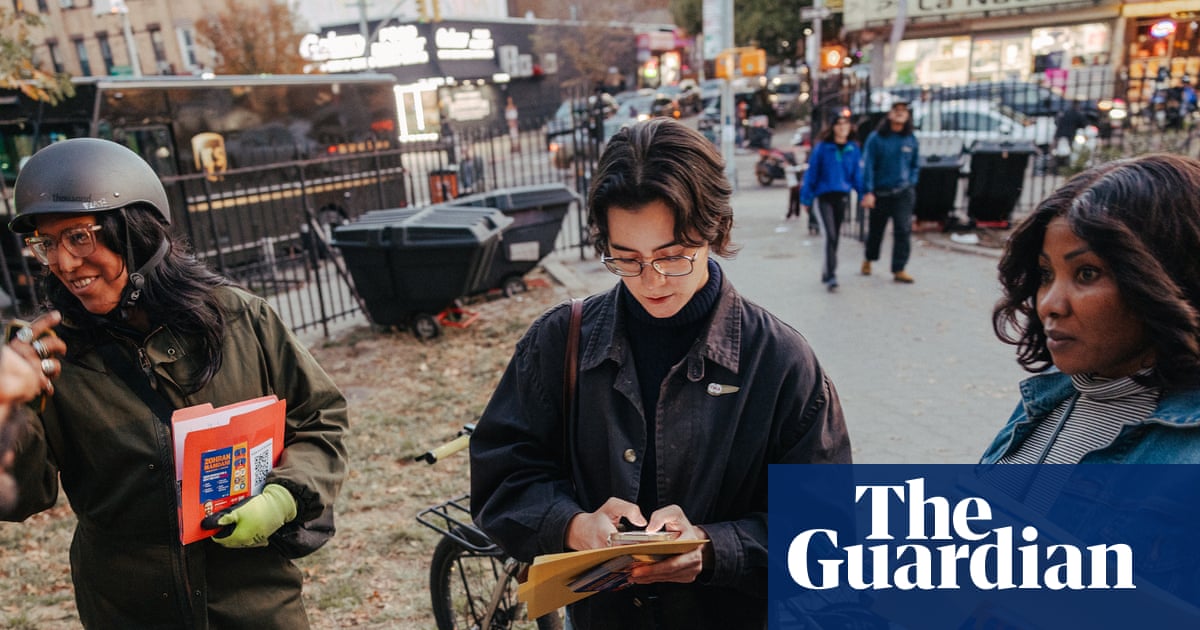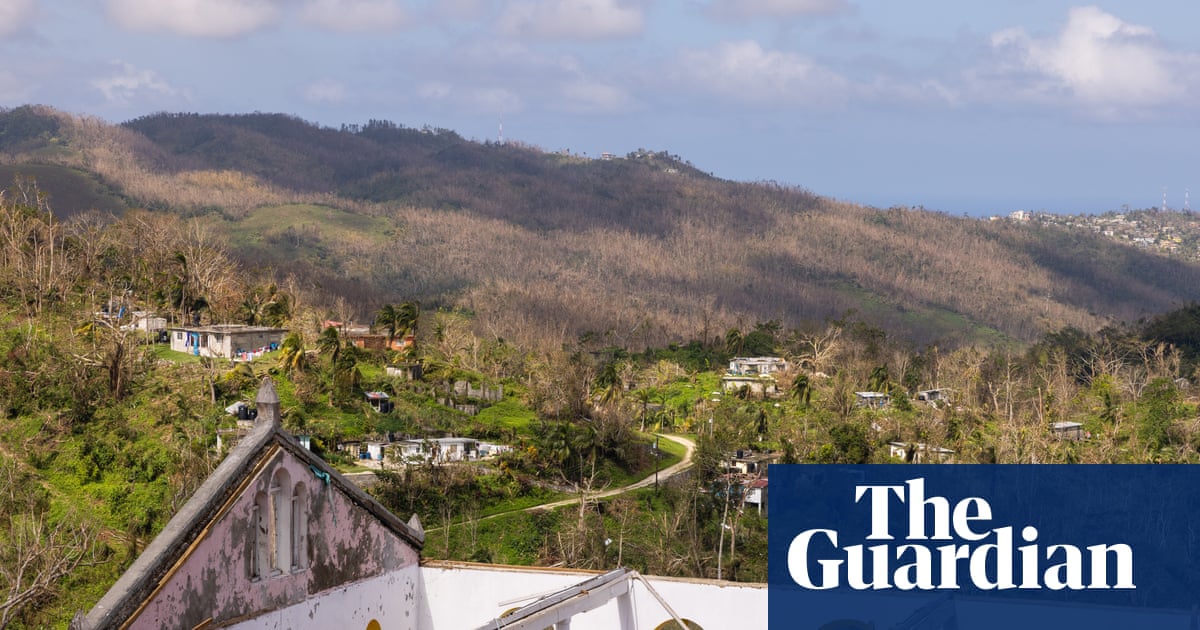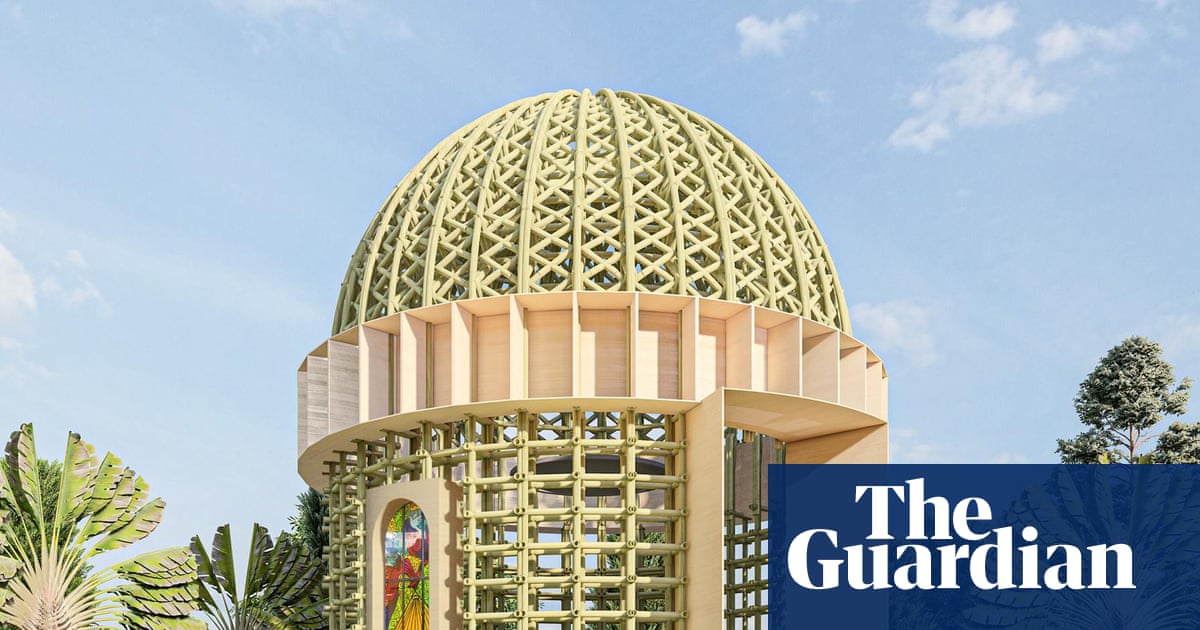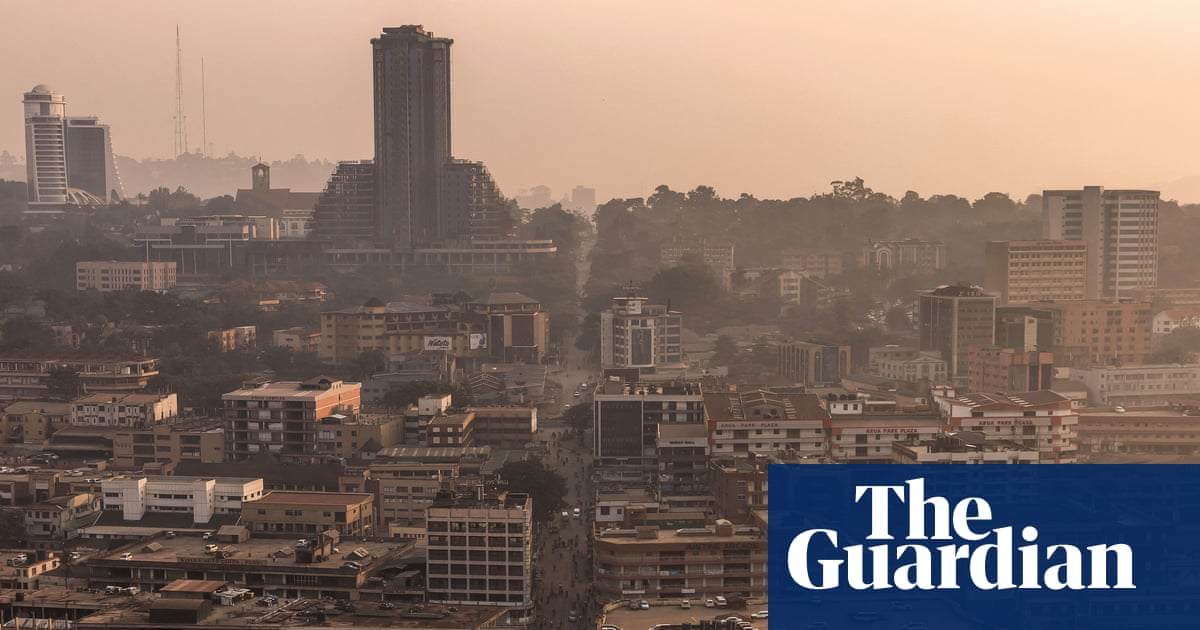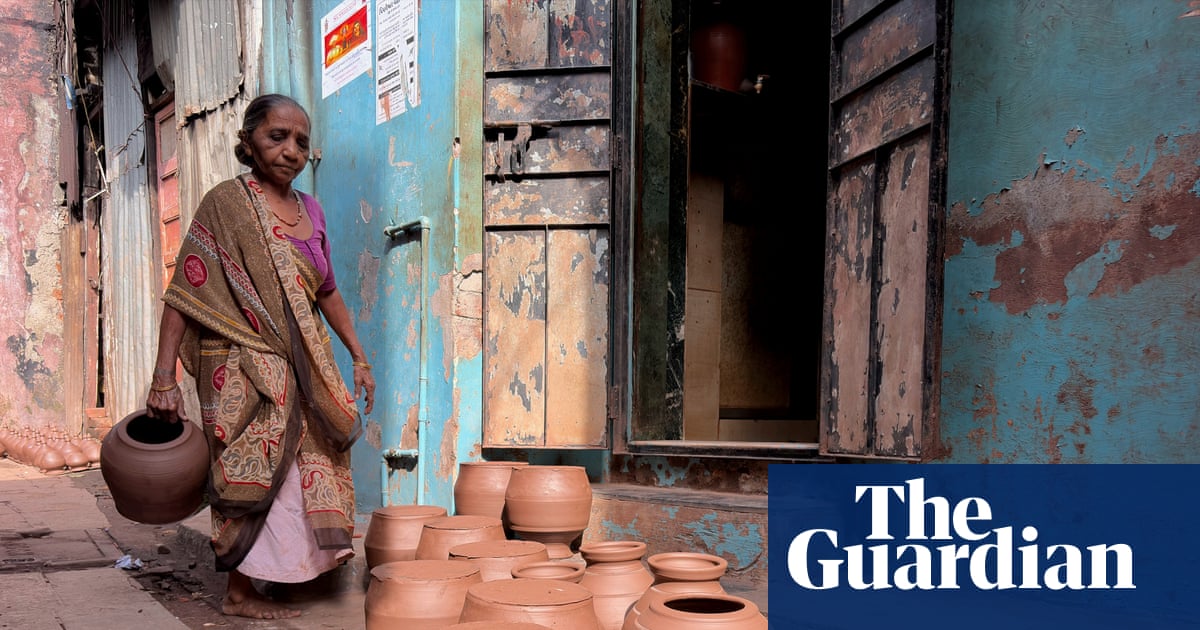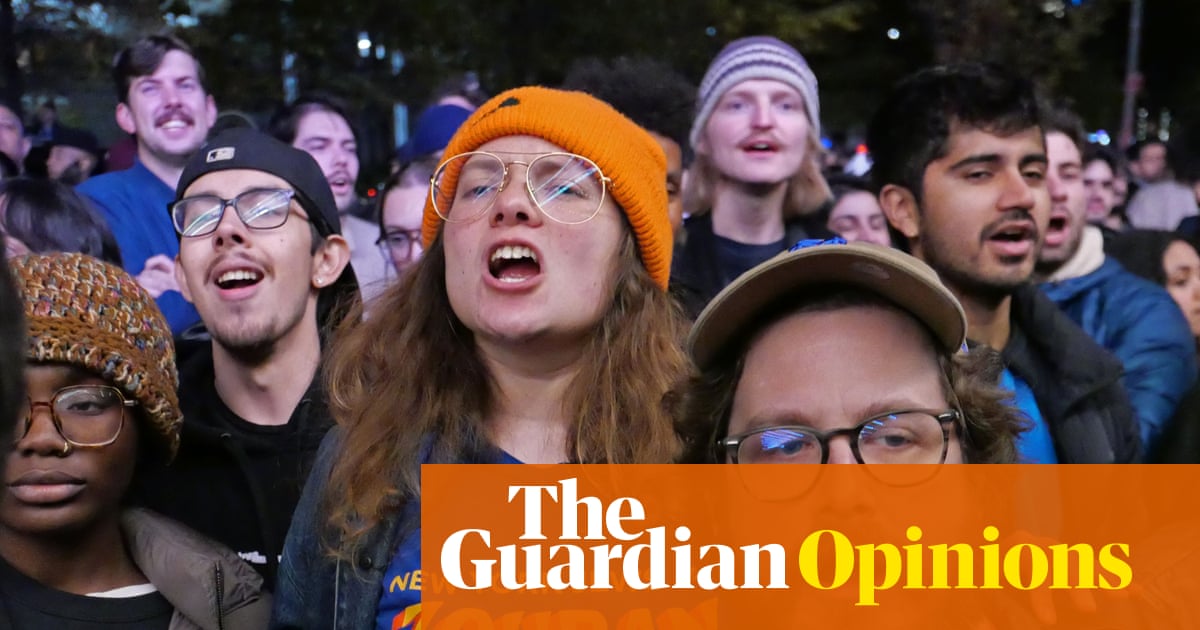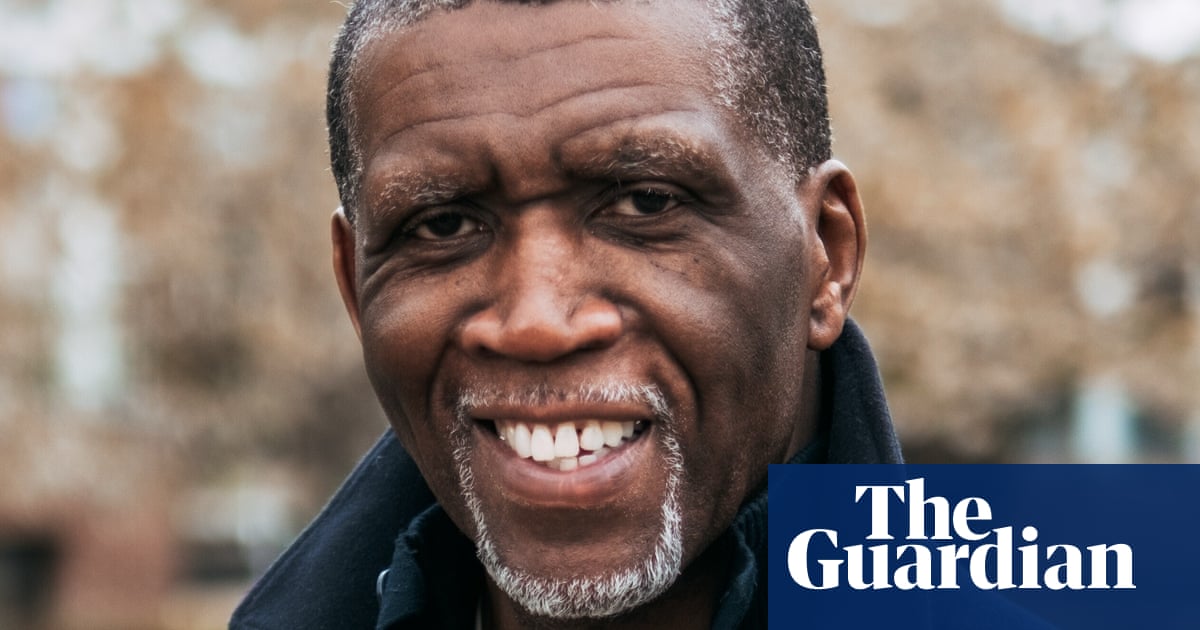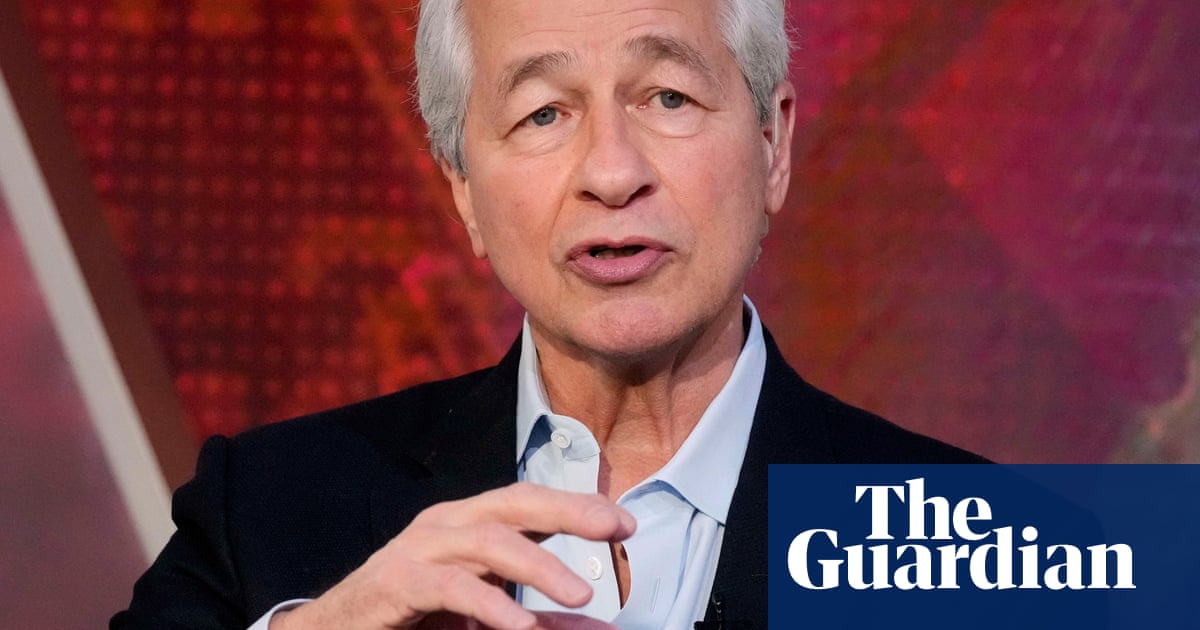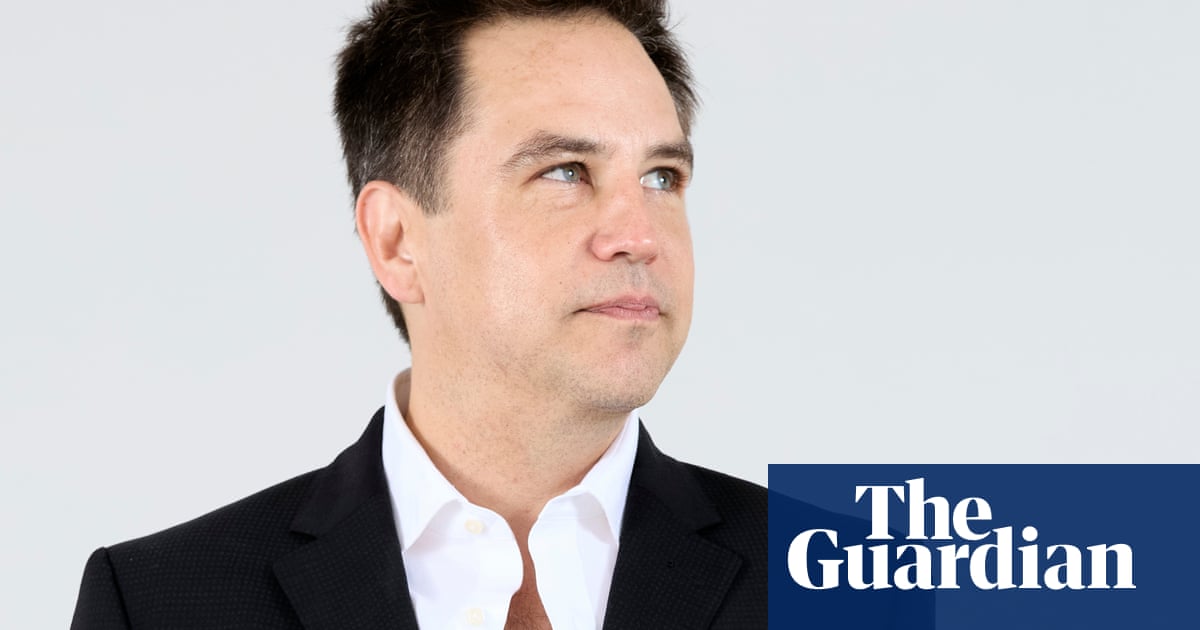The second world war ended with an agreement of coexistence that included the creation of the UN multilateral system and a development model that combined the state, the market and democracy as an arena for political dispute. In Latin America, this was reflected in the Economic Commission for Latin America and the Caribbean (Eclac) model, which promoted protectionism and addressed social issues through fiscal targeting.
But in the last quarter of the 20th century, the same postwar organizations imposed a new, market-centered model. Value was replaced by price, trade liberalization was prioritized and social issues were subordinated to the laws of the market. The concentration of capital and the delegitimization of democracy broke the previous consensus. Although progressive governments emerged, they were unable to contain the rise of the new autocratic right, supported by de facto powers such as the media, the church, the military and the technocracy. The crisis of representation led political parties to abandon their bases, leaving room for “anti-politicians” who found a platform in mainstream media.
Meanwhile, the social outlook deteriorated. Inequality, already structural, worsened after 2016 and exploded during the pandemic, reaching a peak of 209 million Latin Americans experiencing poverty by the end of 2020. This inequality delegitimizes democracy. In tandem, progressive governments focused their efforts on reducing discrimination on the basis of gender, race, or occupation, rather than combating exclusion on the basis of class.
This struggle has been attacked by the right, which labels progressives’ defense of minorities as “wokeism” and accuses it of fragmenting society. But in reality, it is a commitment to collective solidarity. Inequality and discrimination are not mutually exclusive; they complement each other.
Nevertheless, these broad ideological shifts have led to the return of the right in the US, Costa Rica, Panama, Ecuador, Argentina and Paraguay, which can be understood through the radicalization of political projects, polarization on social networks, lawfare, persistent inequality, and discourses of electoral fraud.
Media messaging and the emergence of digital silos have taken polarization to the extreme. With the use of artificial intelligence, political messages are segmented according to voters’ fears. Social media bombards us with emotions, replacing debates about genuine alternatives with ideological confrontation. These digital bubbles have fabricated virtual leaders at the service of the new right’s media conglomerates.
Added to this digital invasion is the judicialization of politics. Prosecutors and judges lead conflicts that should be resolved democratically, without respecting due process or the presumption of innocence. The Brazilian president, Luiz Inácio Lula da Silva, was judicially excluded in the 2018 elections won by Bolsonaro, who today is being investigated for seeking to prevent Lula’s 2023 inauguration. President Gustavo Petro, in Colombia, similarly faces “soft coup” attempts affecting his ability to govern.
With the election of Trump 2.0, the global far right has found an echo chamber in Florida and across the region, with the support of political leaders in the US, El Salvador and Argentina.
Trump, who said “we don’t need” Latin America just days into his second term, has ratcheted up anti-Latin American aggression through decisions such as the persecution of migrants, the suspension of aid programs via USAID, the strengthening of sanctions against Cuba and Venezuela, and the absurd territorial claims over Canada, the Gulf of Mexico and the Panama canal. All this marks the return of the Uncle Sam of the 1950s and Operation Condor of the 1970s and 80s.
In the face of this threat, it is necessary to build a new solidarity-based development model that combines growth, inclusion, and democracy, with broad fronts such as Mexico’s ruling Morena party or the leadership of Yamandú Orsi in Uruguay. Latin America must reintegrate regionally as an active part of the global south: réspice similia (look to your neighbors).
after newsletter promotion
The Trumpist right wing is promoting deglobalization, abandoning the World Health Organization, denying the climate crisis, and attacking international justice. The model of coexistence resulting from the end of the second world war, although in crisis, must not be replaced by another hegemonic one, but rather through the construction of a new global order consolidated around the principles of social harmony, coexistence and collective economic progress, such as the one defended by China.
In this new scenario, Latin America must present itself as integrated, a single voice before the world. The region does not need concentration camps for migrants to understand that we are heading straight to a fascist abyss and that the only antidote to avoid falling into it is, and will always be, progressivism.
-
Ernesto Samper Pizano was president of Colombia from 1994 to 1998

.png) 3 months ago
45
3 months ago
45
